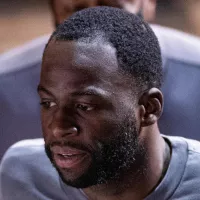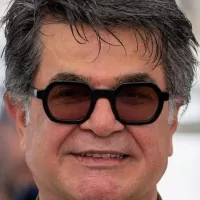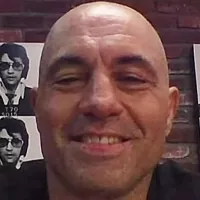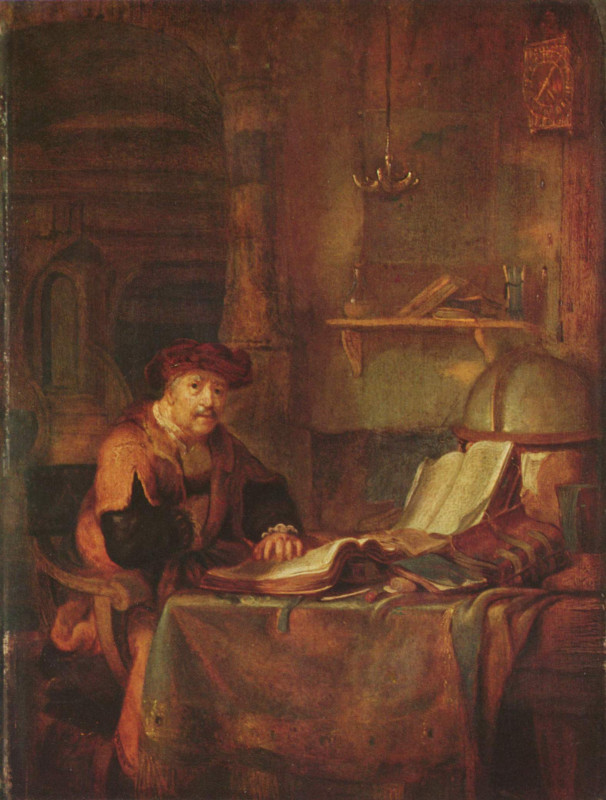A scholar is defined as an individual possessing deep expertise within an academic field, often engaged in research. This encompasses academics working in universities as professors, teachers, or researchers, typically holding advanced degrees. The term extends beyond academia to include independent scholars and public intellectuals who contribute to scholarly discourse through publications and public engagement, even without formal university affiliation. The essence of a scholar lies in their pursuit and dissemination of knowledge within a specific discipline.
1910: Intellectuals in Joseon Korea
In 1910, the intellectuals in Joseon Korea were the literati, who were part of the 'chungin' or 'middle people' according to the Confucian system. They formed the petite bourgeoisie, including scholar-bureaucrats who administered the Joseon dynasty's rule.
1912: End of Scholar-officials in Imperial China
In 1912, Imperial China's system of Scholar-officials, who were civil servants appointed by the Emperor to govern, ended after being in place since 206 BC. These officials were skilled in calligraphy, Confucian philosophy, and earned academic degrees via Imperial examination.
2010: Independent Scholars in the US
In 2010, twelve percent of US history scholars were independent, typically holding a Master's degree or PhD, and differentiated from popular history hosts by their analytical rigor and academic writing style.
2011: Examination of Scholar Attributes
In 2011, an examination outlined attributes commonly accorded to scholars, describing them with slight variations in definition.
Trending

8 minutes ago Warriors face play-in, Curry's injury raises concerns, Kerr lowers expectations, Moody's role?

8 minutes ago Stephen A. Smith criticizes Draymond Green's comments on Nico Harrison as unfair.

8 minutes ago Kris Dunn Recovered From Injury, Briefly Exited Game After Elbow Contact

9 minutes ago Al Horford's Role Shifts: Back to Starting Lineup, Then Bench, Mindset Revealed.

1 hour ago Jafar Panahi faces restrictions, continues filmmaking despite adversity and imprisonment in Iran.

1 hour ago Joe Rogan Interviews RFK Jr. on Trump's ICE Raids and US Taxpayer Losses.
Popular

Jesse Jackson is an American civil rights activist politician and...

Hillary Diane Rodham Clinton is a prominent American politician lawyer...

Jim Carrey is a Canadian-American actor and comedian celebrated for...

XXXTentacion born Jahseh Dwayne Ricardo Onfroy was a controversial yet...

Kashyap Pramod Patel is an American lawyer who became the...

Michael Joseph Jackson the King of Pop was a highly...
